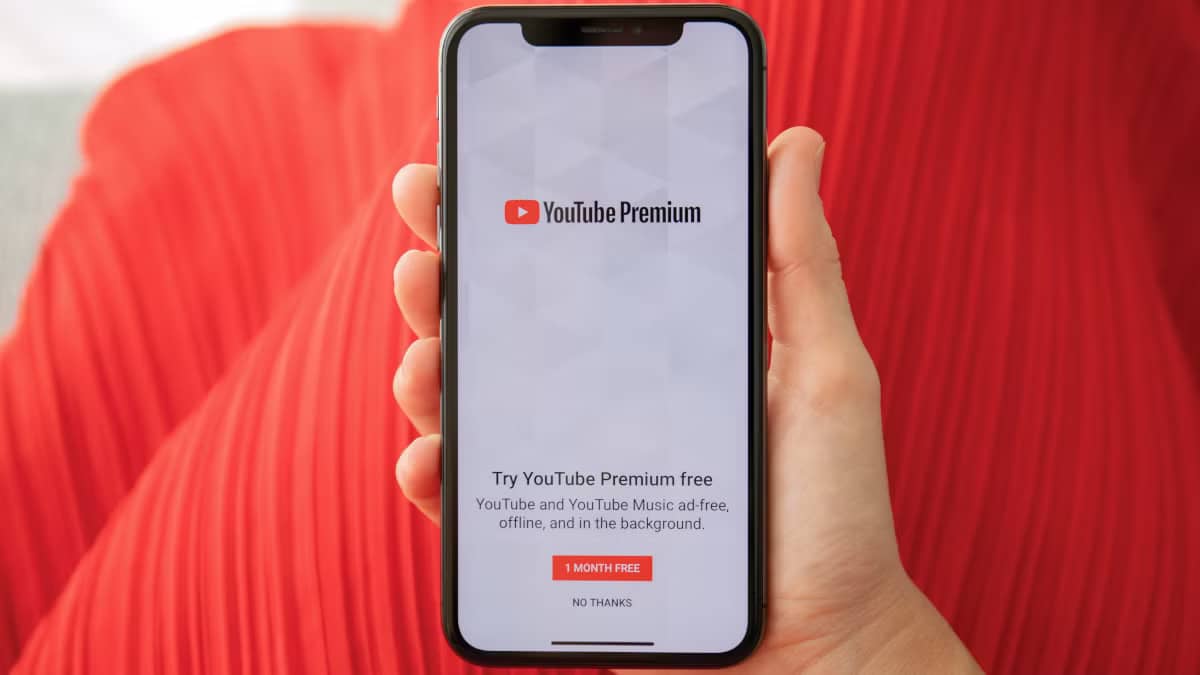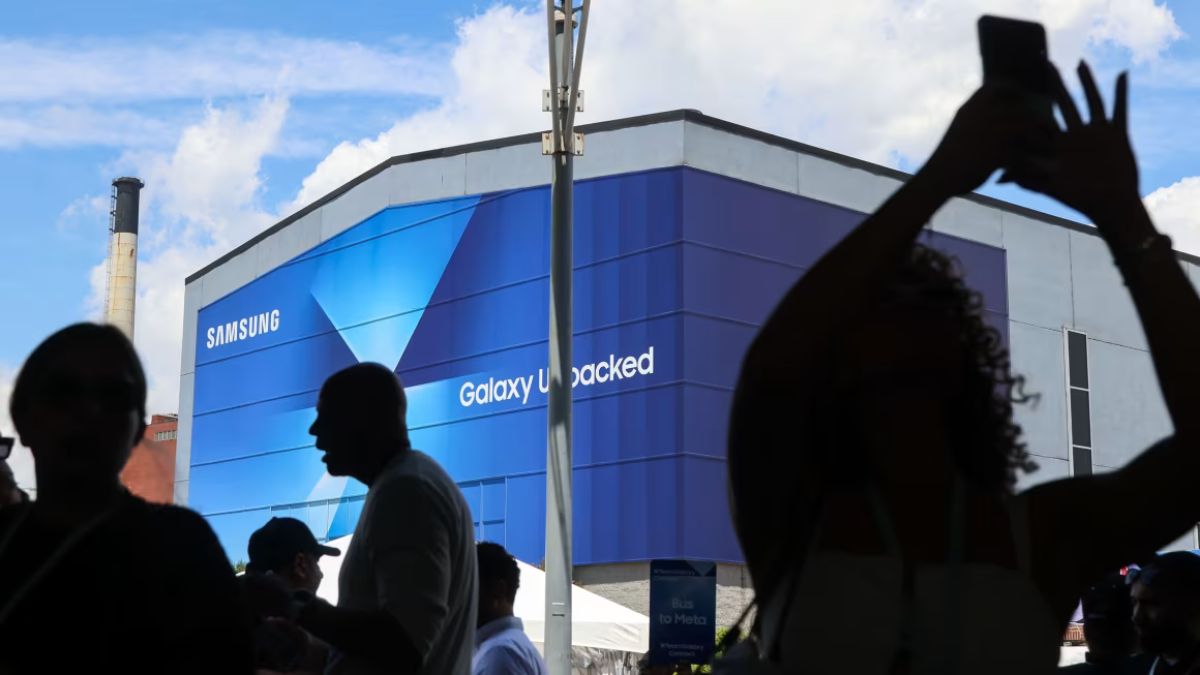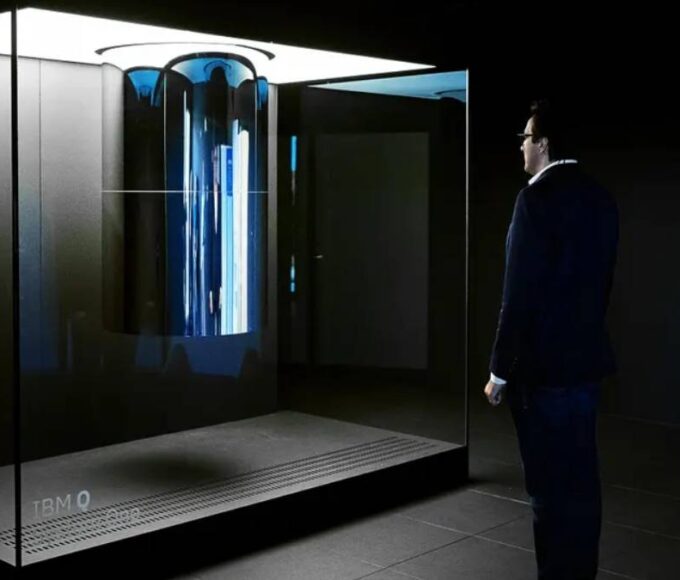Microsoft’s Bing search engine has made noticeable gains against Google over the past two years, following the launch of its AI-powered Bing Chat.
Microsoft’s push to enhance Bing with artificial intelligence is beginning to shift the dynamics of the search engine market. Since the debut of Bing Chat in February 2023, Bing has gained market share both in the U.S. and globally, according to recent reports from Comscore and StatCounter.
In the United States, Bing now holds 29% of the desktop search market, up by 2.1 percentage points since the AI update. Google remains dominant with about 60%, but its share has declined by 1.2 points. Globally, Bing has increased its total search share to 11.6%, a 3.4-point rise over two years, while Google’s share fell by 6.1 points.
Microsoft reported a $1.6 billion (13%) year-over-year increase in its search and news advertising revenue. Excluding traffic acquisition costs, that growth reached 20%, driven by more searches and higher revenue per search.
Despite this momentum, Bing still trails far behind Google on mobile and tablet devices. StatCounter notes that Bing only commands 4% of the global search market across all platforms, while Google leads with nearly 90%.
Microsoft executives have said even small gains in market share can lead to major financial returns. “For every 1 point of share gain in the search advertising market, it’s a $2 billion revenue opportunity,” said Philippe Ockenden, Microsoft’s corporate vice president of finance.
Microsoft’s AI integration into Bing not only helped attract users but also pushed Google to respond with its own AI features. In a strategic shift, Microsoft rebranded Bing Chat to “Copilot” and focused its AI efforts on broader tools that also power platforms like ChatGPT and Meta AI.
“This is now the fourth consecutive year in which Bing and Edge took market share,” said Jordi Ribas, Microsoft’s head of search. “We’re also growing thanks to powering web grounding for third-party chatbots.”
While Bing’s search engine still lags behind in overall usage, Microsoft’s steady growth and its $4 trillion market valuation suggest its AI-driven search strategy is starting to pay off.










